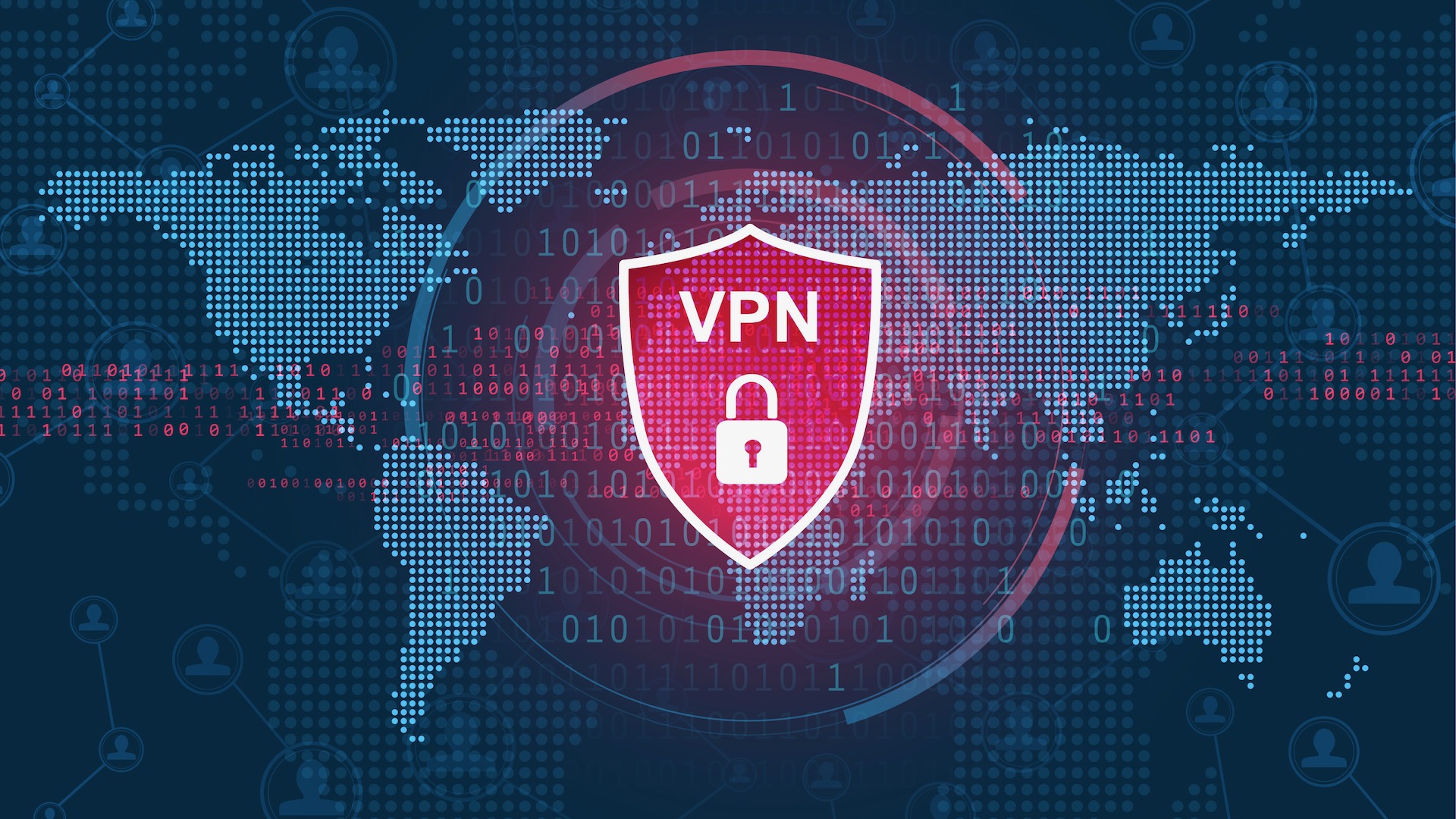
If you thought yesterday’s VPN news coming from Russia was bad – Apple reportedly removed at least four of the best VPN services from its app store on July 4, 2024, with more services expected to disappear in the coming days – you should know that the Kremlin isn’t the most active when it comes to app removal.
A recent study on the availability of 50 popular VPN apps worldwide across both Google and Apple app stores found that the gold medal in blocking applications goes, once again, to China. Researchers at AppCenorship found no sight of China VPN apps on Apple’s App Store, the only one of the two platforms available in the country.
“Not only the services and the servers of those VPNs are being blocked or targeted by the authorities, but [China] really ensures, through Apple, that nobody will be even able to download them,” Benjamin Ismail, Project Director at AppCensorship, told me commenting on the findings.
#VPN is an essential tool for individuals in authoritarian contexts. How available are VPN apps in top app stores worldwide?Read our newest study 🔗 https://t.co/5wexvnbQMD📌VPN unavailability by region shows that Asia-Pacific has the highest number of incidents, with 63… pic.twitter.com/z6QyTTFfoUJuly 1, 2024
Iran, Russia, and Turkmenistan also boast low levels of VPN unavailability due to government censorship.
Popular providers affected include our favorite NordVPN – who confirmed to TechRadar it withdrew from Russian app stores in 2023 “due to moral and legal reasons.” Also in the firing line were ExpressVPN, which is currently blocked in Iran’s Google Play Store (Apple app store is banned in the country), Private Internet Access (PIA), Proton VPN, CyberGhost, and Surfshark.
These findings are especially worrying as VPN apps are a critical resource to escape online surveillance and censorship. A virtual private network (VPN) is security software that encrypts internet connections to boost your anonymity when browsing the web. At the same time, VPN apps spoof your real IP address to allow you to bypass geo-restrictions, including government-imposed social media blocks.
Suffice to say, as VPN usage soars across the world while internet restrictions keep rising – digital rights advocacy group Access Now described 2023 as the “worst year of internet shutdowns ever recorded” since they began their monitoring in 2016 – so does VPN censorship among the countries more at risk.
It’s worth pointing out, though, that AppCenorship’s results aren’t about censorship levels per se. “What we can offer in terms of information is simply availability versus unavailability,” said Ismail. “There is no algorithm that can detect censorship because censorship is about intention. Why was it removed? Why is it unavailable? Everyone needs to investigate more to understand the reasons behind this.”
VPN unavailability is just a side of the issue, either. For instance, despite Apple in Russia currently removing more VPN apps, the Kremlin generally tends to block their usage directly from a server level rather than removing apps from platforms.
This is why providers like Proton VPN have been investing in more sophisticated anti-censorship techniques to evade authorities’ control. Could increased VPN app removals be another chapter in this infinite cat-and-mouse game?
Alternative ways to download VPN apps
What’s certain now is that people living across the Asia-Pacific, Africa, and Middle East regions often need to find alternative ways to download reliable VPN apps.
If you are an Android user, sideloading might be the easier way to do so. This refers to the ability to install applications on mobile devices without using the official app store. All you need to do is download the application file on your device and follow the steps.
Another alternative includes changing your country in Apple ID and downloading the VPN you need. However, this may be tricky and can cause other usability issues.
In some instances, providers create alternative installation pages. This is what one of the VPNs affected by the recent wave of removal in Russia, Le VPN, did for instance. However, this might be just a temporary solution. “As soon as you advertise it, authorities will pick up the URL of that page and they will block it,” said Ismail.
If you keep having trouble downloading a secure VPN app, I recommend opting for alternative ways of circumventing restrictions altogether.
For example, the Tor Browser is another very popular way to shield your anonymity online (it reroutes the internet traffic through at least three encryption layers for maximum security) and spoofs your IP location. GreatFire, the organization behind the AppCenorship project, has also launched a tool called FreeBrowser which can be installed directly on your Android phone to grant access to geo-restricted content.
We test and review VPN services in the context of legal recreational uses. For example: 1. Accessing a service from another country (subject to the terms and conditions of that service). 2. Protecting your online security and strengthening your online privacy when abroad. We do not support or condone the illegal or malicious use of VPN services. Consuming pirated content that is paid-for is neither endorsed nor approved by Future Publishing.




















+ There are no comments
Add yours